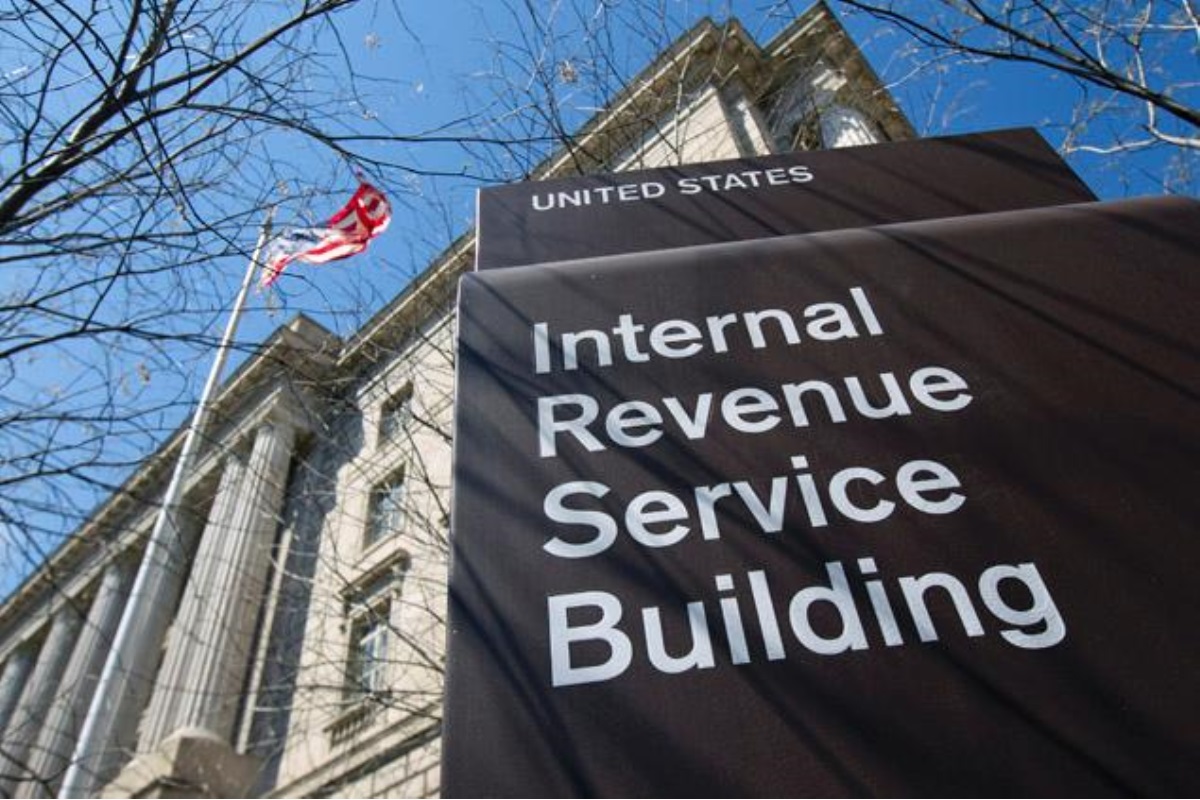US Internal Revenue Service seeks to use an infusion of funding
- Update Time : Wednesday, February 28, 2024

The United States Internal Revenue Service (IRS) is waging a battle against tax evasion and inequality, armed with a historic infusion of funding aimed at bolstering its capabilities to tackle the ultra-rich and corporations who have long exploited loopholes and offshore havens to evade taxes.
In the high-stakes arena of tax enforcement, IRS agents often find themselves outmatched by the formidable entourage of esteemed tax professionals hired to defend the interests of billionaires and large corporations. This mismatch in expertise has long been a challenge for the agency, resulting in pitiful enforcement rates against wealthy taxpayers.
However, a turning point has arrived with the passage of the Inflation Reduction Act in mid-2022, delivering a historic US$80 billion to the IRS. This funding injection marks an unprecedented opportunity for the agency to level the playing field and step up its enforcement efforts.
The Treasury Department estimates that the top 1 percent of Americans are responsible for 28 percent of the “tax gap”, amounting to an estimated US$163 billion annually. With hundreds of billions at stake, the IRS is under pressure to close this gap and ensure that all taxpayers pay their fair share.
The importance of this task cannot be overstated. Investigations such as the Panama Papers and Paradise Papers have exposed the complex maneuvers used by wealthy individuals and corporations to evade or avoid taxes, highlighting the urgent need for robust enforcement measures.
Despite facing political attacks and attempts to claw back its funding, the IRS has already demonstrated early wins spurred by the infusion of funds. By opening thousands of new cases involving millionaires and billionaires, the agency has recouped several hundred million dollars in previously unpaid taxes.
To maximize the impact of its new resources, the IRS is adopting strategic measures, including hiring thousands of new agents and deploying its most experienced employees strategically. By pairing senior-level agents with newer hires and involving government attorneys at earlier stages of investigations, the agency aims to enhance its effectiveness in identifying and prosecuting tax evasion.
However, the road ahead is not without challenges. The IRS must navigate federal rules that limit how much federal employees can earn, making it difficult to compete with corporate law firms and accountancies offering lucrative salaries to tax professionals.
Nevertheless, the agency remains committed to its mission of ensuring tax compliance and fairness. As former IRS Commissioner Charles Rettig noted, the agency’s strategic approach mirrors the model used by leading accounting and law firms, emphasizing collaboration and mentorship to achieve success.
The infusion of funding represents a pivotal moment for the IRS as it seeks to modernize and enhance its enforcement capabilities. By leveling the playing field and holding the ultra-rich accountable, the agency is laying the groundwork for a fairer and more equitable tax system.













Leave a Reply